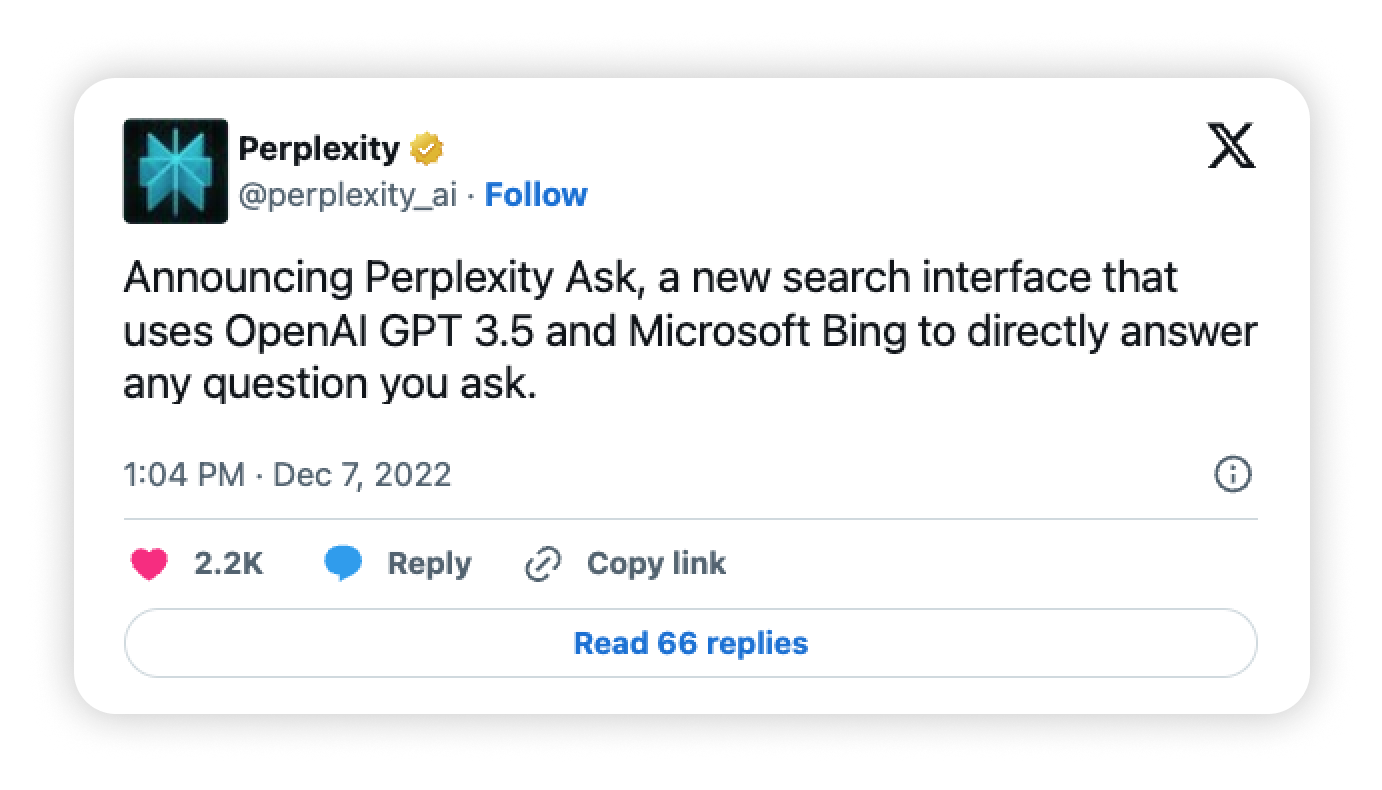The Great AI Dilemma: Build, Tune, or Buy?
If you wish to bake an apple pie from scratch...
There’s a Carl Sagan quote I like: “If you wish to bake an apple pie from scratch, you must first invent the universe.”
This is the logic many businesses fall into when building AI solutions: start from scratch, build a custom model, and sprinkle in proprietary magic. But for 90% of companies, the better answer isn’t hiding in some grand invention—it’s already out there, waiting to be used.
The Siren Song of Custom AI
I get why companies are tempted to build their own AI models. Every business is different, with unique challenges and proprietary data that could potentially create a game-changing AI solution. However, this approach comes with significant drawbacks:
Astronomical Costs: Training a large language model from scratch is an incredibly expensive endeavor. For context, it's estimated that training BloombergGPT cost between $3-4 million and took 3-4 months.
Technical Complexity: Building an AI model requires extensive cross-domain knowledge spanning NLP/ML, subject matter expertise, and software/hardware proficiency.
Data Demands: Training an effective LLM requires massive amounts of high-quality, diverse data.
The Middle Ground: Tuning
Many businesses hear about “tuning” an existing model and think it’s the perfect middle ground. Whether it’s full-scale fine-tuning with large datasets, self-implemented parameter-efficient techniques like LoRA, or a simple “fine-tuning” endpoint offered by a paid provider, the goal is the same: take something off-the-shelf and try to make it work better with your data.
Tuning has its advantages, such as improved task-specific performance and greater control over outputs. But it still presents challenges:
Data Quality Dependence: The success of fine-tuning heavily relies on the quality and relevance of your training data, and as such, it risks amplifying biases present in your training data.
Resource Intensive: Fine-tuning may sound simple, but it still demands significant expertise. Just because an AI provider offers a “tuning” endpoint doesn’t mean you’ll get high-quality results right away. Success depends entirely on your ability to align the right data with clear business objectives—and that’s far harder than it sounds.
Ongoing Maintenance: Tuning locks you into a particular version of a model. When new versions are released—and they will be—you’ll need to re-tune to keep up, increasing overhead and slowing down updates.
The Pragmatic Approach: Off-the-Shelf Solutions
For 98% of businesses, an off-the-shelf AI solution is the most practical and effective choice. Here's why:
Cost-Effective: Off-the-shelf solutions are significantly cheaper to implement than custom-built models.
Rapid Deployment: These solutions can be deployed quickly, allowing you to start deriving value almost immediately.
Reduced Risk: Off-the-shelf products are already proven in the marketplace, minimizing the risk of project failure.
Ongoing Support: You benefit from the provider's continuous improvements and updates.
Start Smart, Scale Later
While the idea of a bespoke AI model is enticing, the reality is that most businesses don't need—and can't afford—to build one from scratch. By starting with off-the-shelf solutions, you can quickly prototype, learn, and iterate.
Even cutting-edge AI companies like Perplexity began their AI journeys with off-the-shelf models before developing more custom solutions. The key is to start small, focus on solving specific problems, and let your AI strategy evolve based on real-world results and business needs.
Prototyping: The Best First Step
Before even considering building a custom model, it's crucial to prototype with off-the-shelf solutions. This approach offers several advantages:
Quick Validation: You can rapidly test whether AI can solve your specific problem without significant investment.
Cost-Effective Experimentation: Off-the-shelf models allow you to experiment with different approaches at a fraction of the cost of custom development.
Learning Opportunity: Working with existing models helps you understand the nuances of AI applications in your domain, informing future decisions about customization.
At Collected Company, we specialize in helping businesses take this first step. We guide companies through prototyping, helping them explore the best tools and approaches to fit their needs. If you’re facing this challenge yourself, reach out—we’d love to help you find the smartest path forward.



